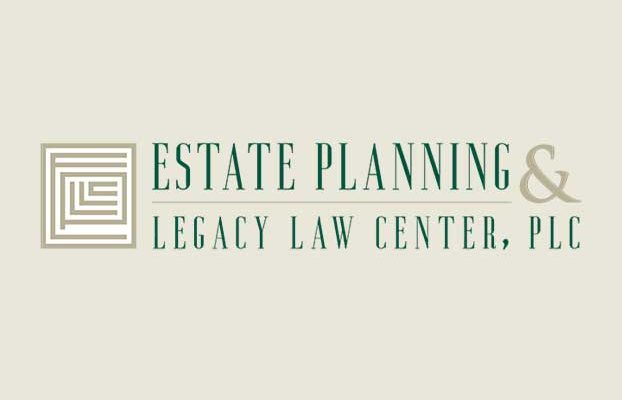
U.K. television personality Bruce Forsyth disliked the British system of estate and gift taxes, so he avoided the situation by leaving everything to his wife who has a full “spousal” exemption from the inheritance tax, according to the Wills, Trusts & Estates Prof Blog in "Should We Tax Gifts the British Way?" His decision means she may be able to give all Forsyth's descendants a share of the estate, without anyone ever having to pay tax on it.
The U.K. and the U.S. treat taxes on gifts and estates differently leading to his decision.
In the U.S., we have an estate tax on estates that exceed the exemption amount. Currently, that amount is $5.49 million per taxpayer (going up to $5.6 million on Jan. 1, 2018).
The estate must pay tax on the value above the exemption amount, before any assets are distributed to heirs.
The U.K. has an inheritance tax. Instead of taxing the entire estate, they tax what the heirs receive after the estate is distributed.
In the U.S., we have limits on the amount that may be gifted away before a person dies. Why? It is done so those with potentially large estates cannot avoid taxes by giving everything away while they are living.
The U.K. only taxes gifts, if they occur within seven years of the giver's death. If gifts are made within that timeframe, then the gifts are considered part of the estate and subject to the inheritance tax.
Thus, if Forsyth's wife lives for another seven years at least, then she can give everyone a large inheritance from Forsyth with no tax being owed.
An estate planning attorney can advise you in creating an estate plan that fits your unique circumstances and adheres to the laws of the U.S. and your state of residence.
Reference: Wills, Trusts & Estates Prof Blog (Oct. 24, 2017) "Should We Tax Gifts the British Way?"

